UN General Assembly meets for second day as leaders discuss climate change, economy and Russia-Ukraine war
The second day of the United Nations General Assembly meeting kicked off in New York City on Tuesday, with leaders from countries all over the world speaking about pressing issues, such as climate change.
Here are some highlights of the leaders who spoke on Day 2:
Seychelles
Wavel Ramkalawan, President of the Republic of Seychelles, said climate change remains an uphill battle that has taken its toll on the planet.
“If we are to make progress on our development agenda, we can no longer call what we are facing, climate change,” he said. “The point at which lives, and livelihoods are lost with frightening frequency due to environmental disasters means that we are living through a climate crisis. Addressing the climate crisis is no longer optional. It is an immediate necessity.”
Rwanda
Paul Kagama, president of Rwanda, said world conflicts between nations and various groups have to end.
“We must also cool down on conflict. Today, there is no sign of ongoing conflicts ending anytime soon. We do not even see hope from those with the most influence, that an end is in sight. Innocent lives are left alone to carry the burden of this instability, that is a profound injustice,” he said. “The migration crisis is a case in point.
“Every year, migrants and refugees undertake dangerous journeys in search of a better future. Rwanda remains committed to working with partners, including the United Nations High Commissioner for Refugees to contribute to a durable solution,” he added. “This decision is informed by our experience and knowing first-hand the pain of losing everything and not having a place to call home.”
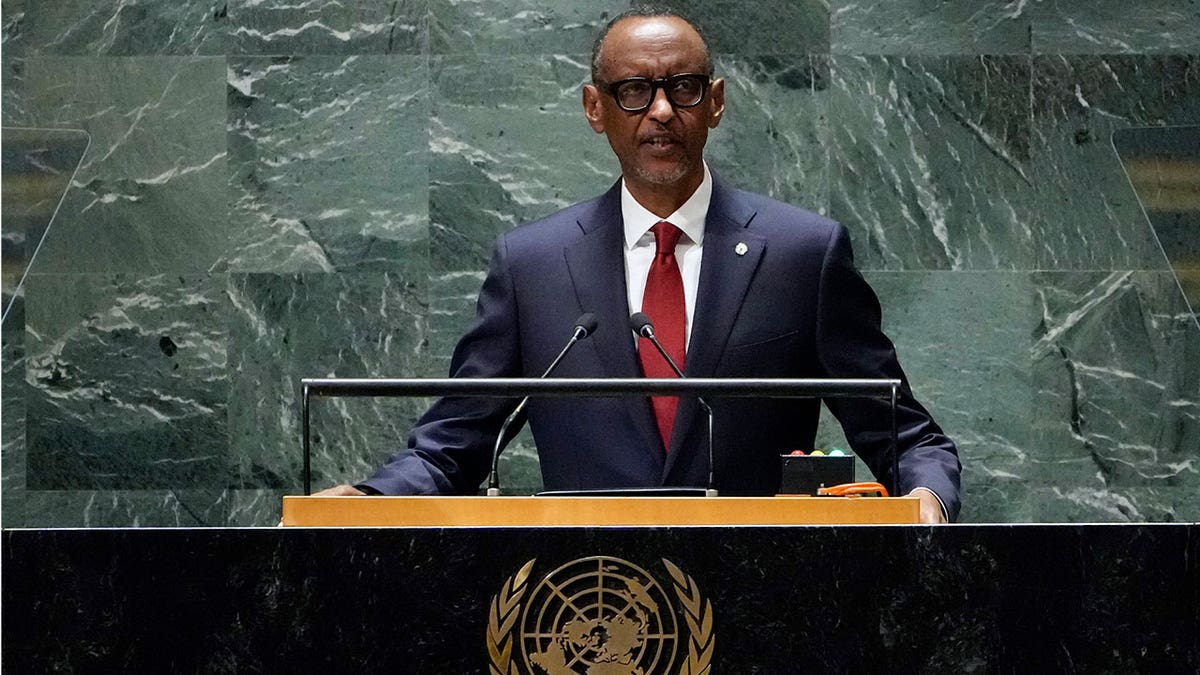
Cyprus
Nikos Christodoulides, the country’s president, condemned breaches of international peace and security and called out Turkish leader Recep Tayyip Erdogan.
“Working towards peace in Cyprus is my absolute priority, and I want to take this opportunity to also send a personal message to President Erdogan. There is not, and never will be, another basis for settlement of the Cyprus question to that dictated by the United Nations Security Council resolutions.”
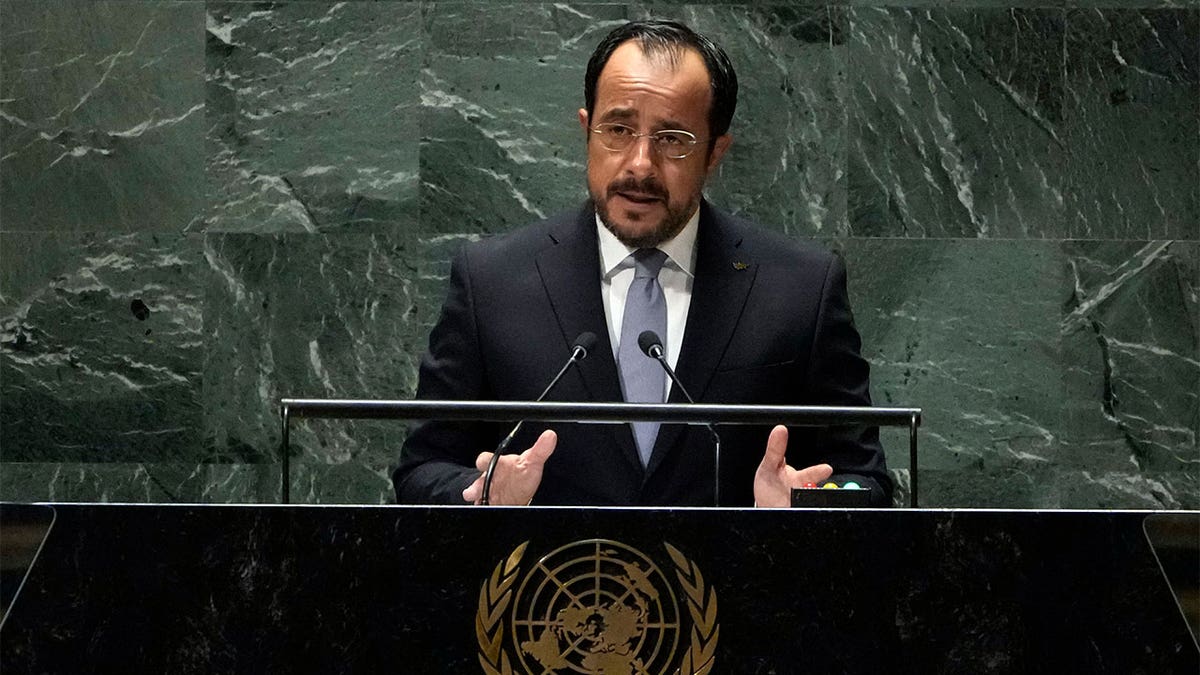
Romania
Romania President Klaus Iohannis spoke of Russia’s war in Ukraine, saying that Moscow’s “aggression” necessitates the need for more attention to the Black Sea, a vital body of water in the region.
“Romania is a direct neighbor to the continued war of aggression of Russia against Ukraine, and we acted with all our energy to bring a solid contribution to regional and international security and stability,” he said.
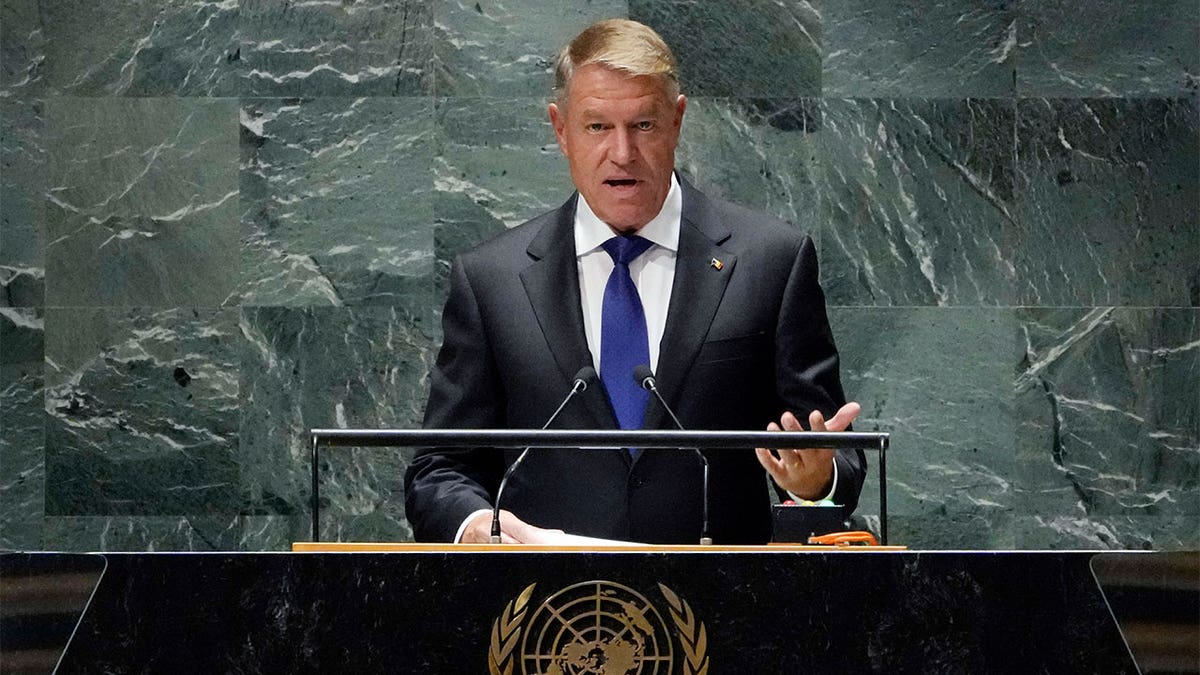
Lithuania
In his remarks. Lithuanian President Gitanas Nausėda said Russia has brought back “an old-style colonial war” to Europe and that Moscow was prepared to take it even further.
“Russia is currently holding the world hostage, blocking Ukrainian grain exports, looting occupied Ukrainian territories, and devastating local agricultural infrastructure,” Nausėda said.
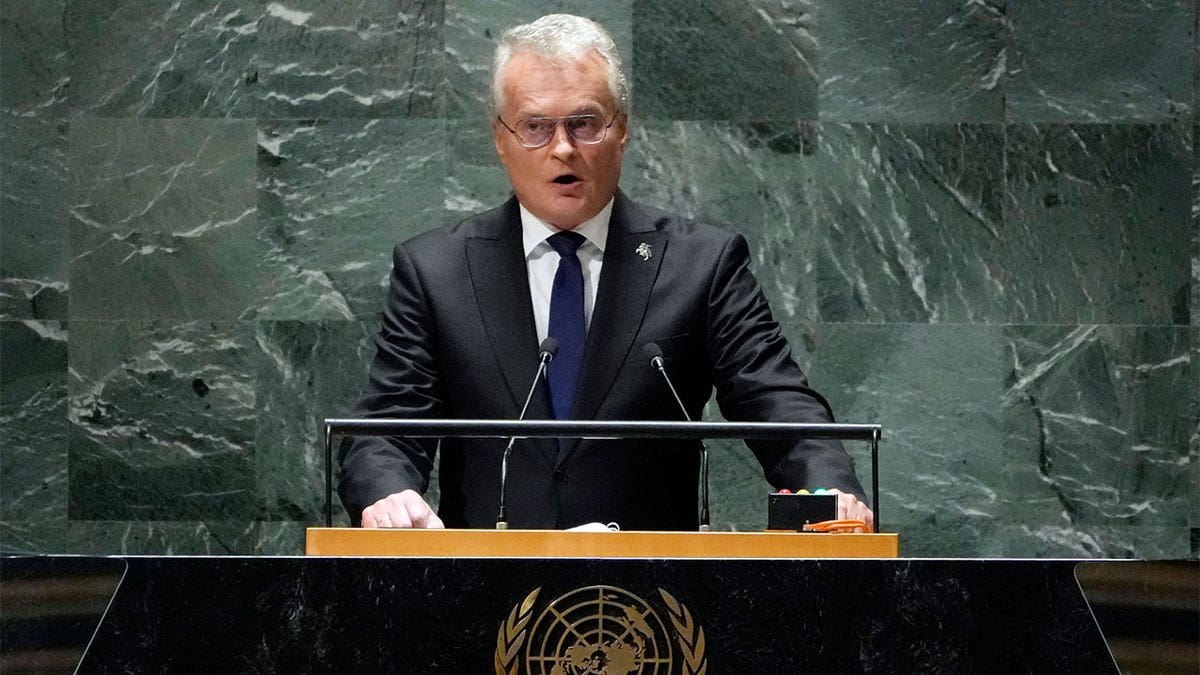
Finland
Finnish President Sauli Niinisto appealed to world leaders to stand with Ukraine.
“Russia’s aggression is a direct violation of the United Nations Charter, to which we are all committed by aiding Ukraine,” he said.
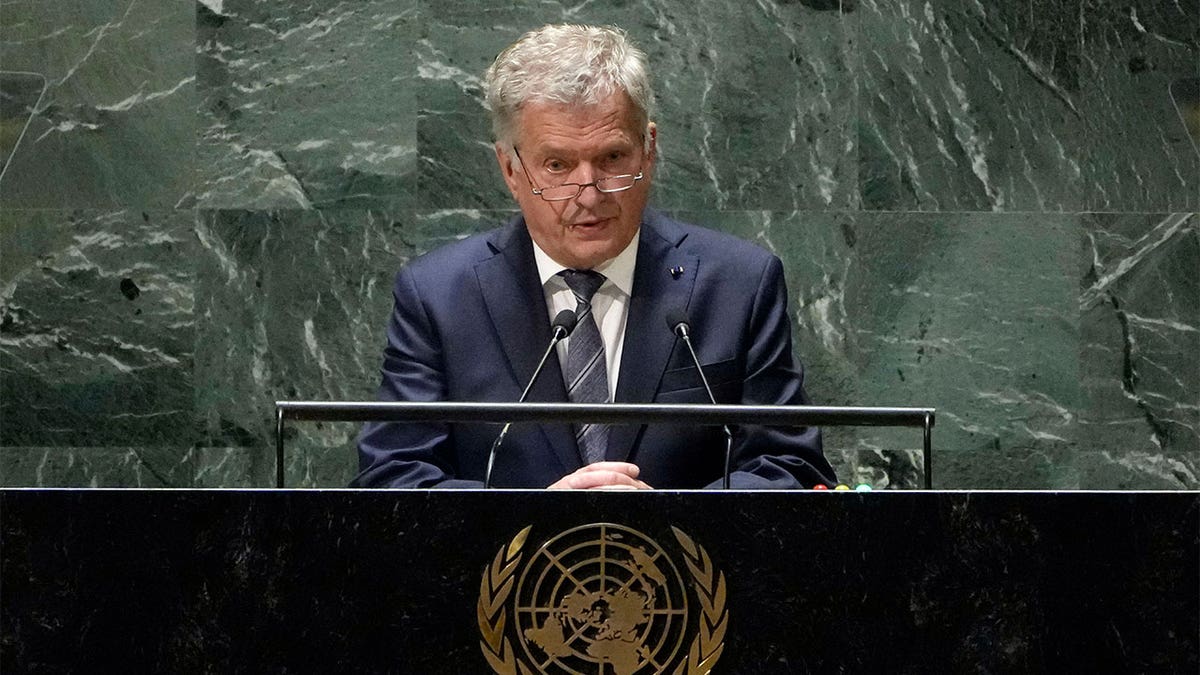
Latvia
Latvian President Edgars Rinkevics said his country will support Ukraine for as long as it takes. He noted that its assistance to Ukraine has already exceeded 1.3% of Latvia’s GDP.
“Russia must bear full legal and financial responsibility for its aggression,” he said. “We must ensure complete accountability for all crimes committed in Ukraine. It means the responsibility of Russia as a state for violations of international law.”
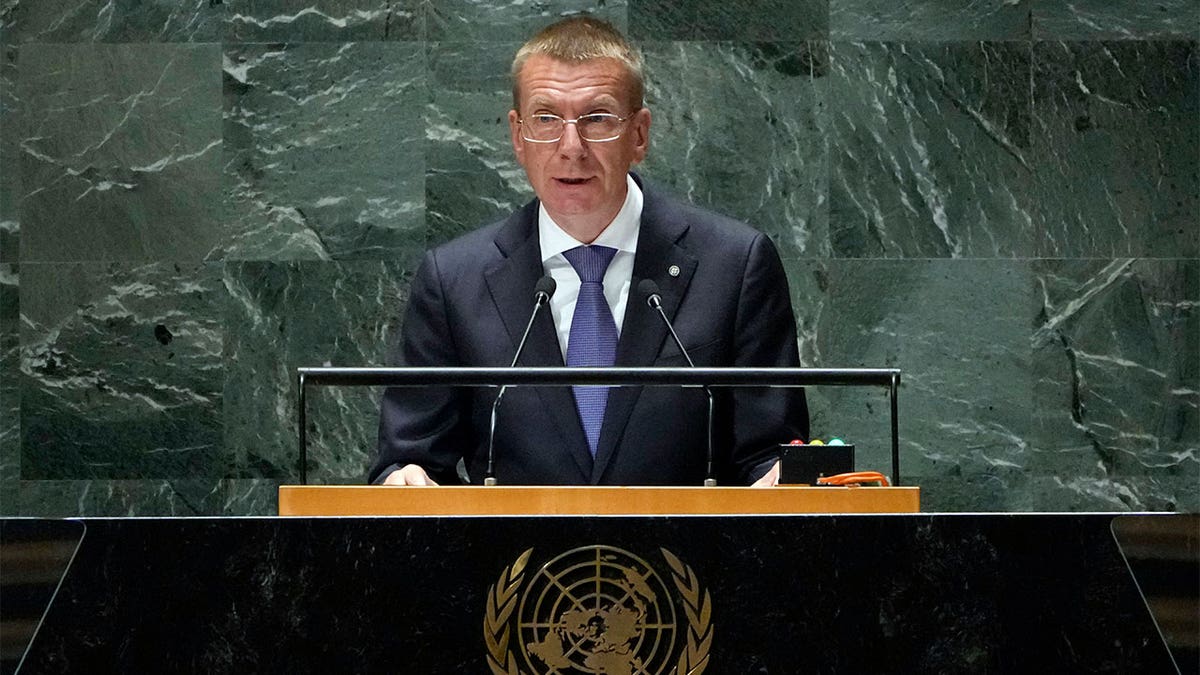
Republic of Korea
South Korea spoke of the relationship between Russia and North Korea, saying its neighbor to the north poses a threat to Ukraine and South Korea alike.
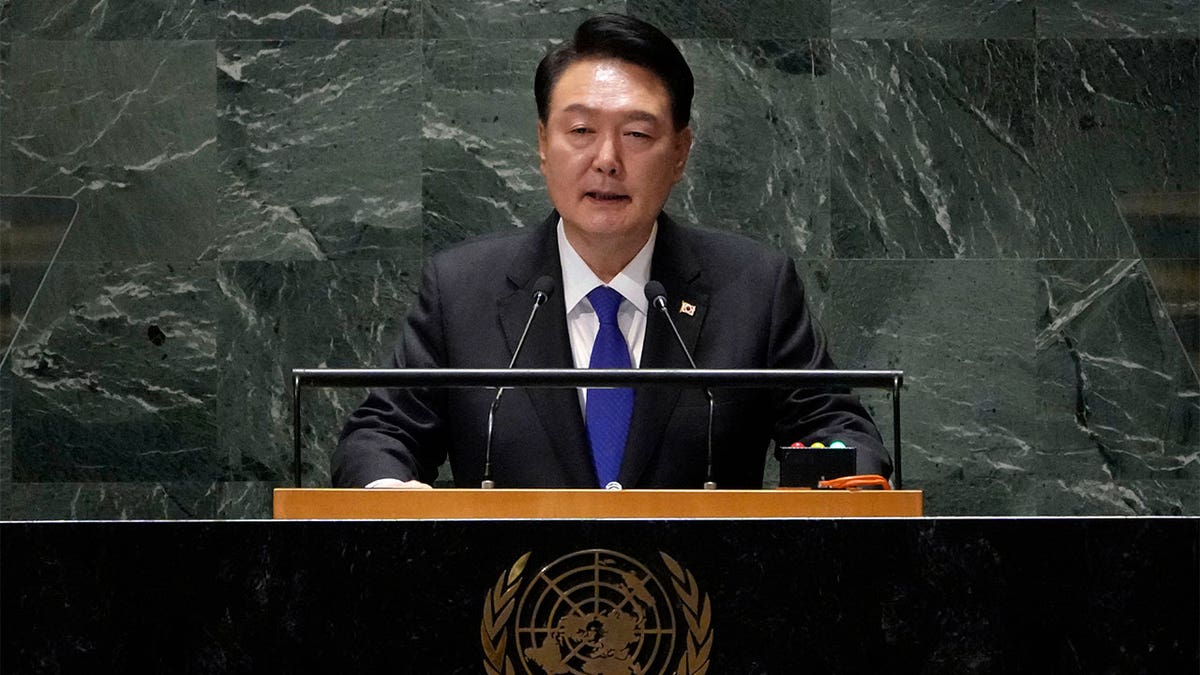
“If the DPRK acquires the information and technology necessary to enhance its WMD capabilities in exchange for supporting Russia with conventional weapons, the deal will be a direct provocation threatening the peace and security of not only Ukraine but also the Republic of Korea,” President Yoon Suk Yeo said.
CLICK TO GET THE FOX NEWS APP
Read the full article Here


